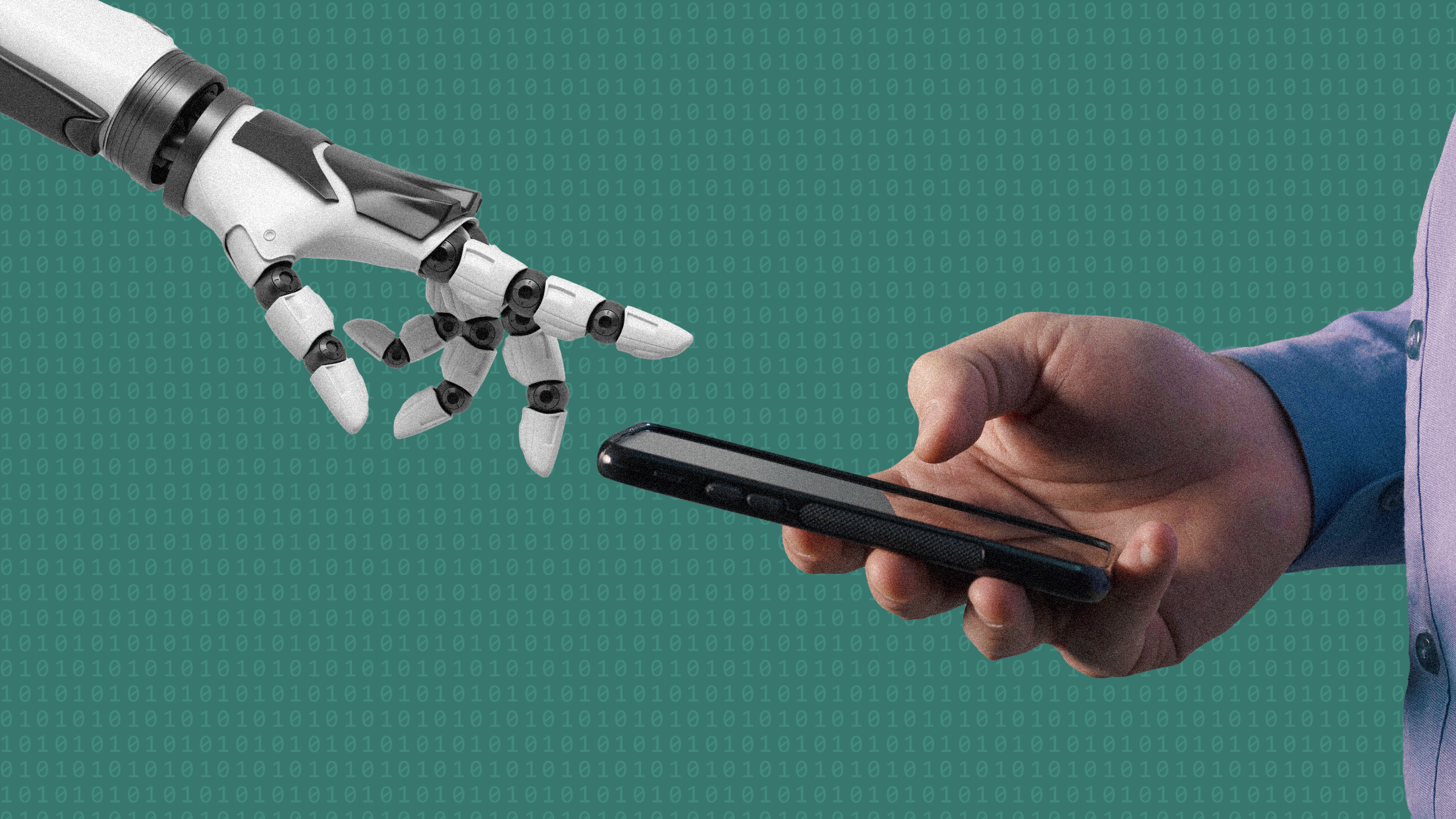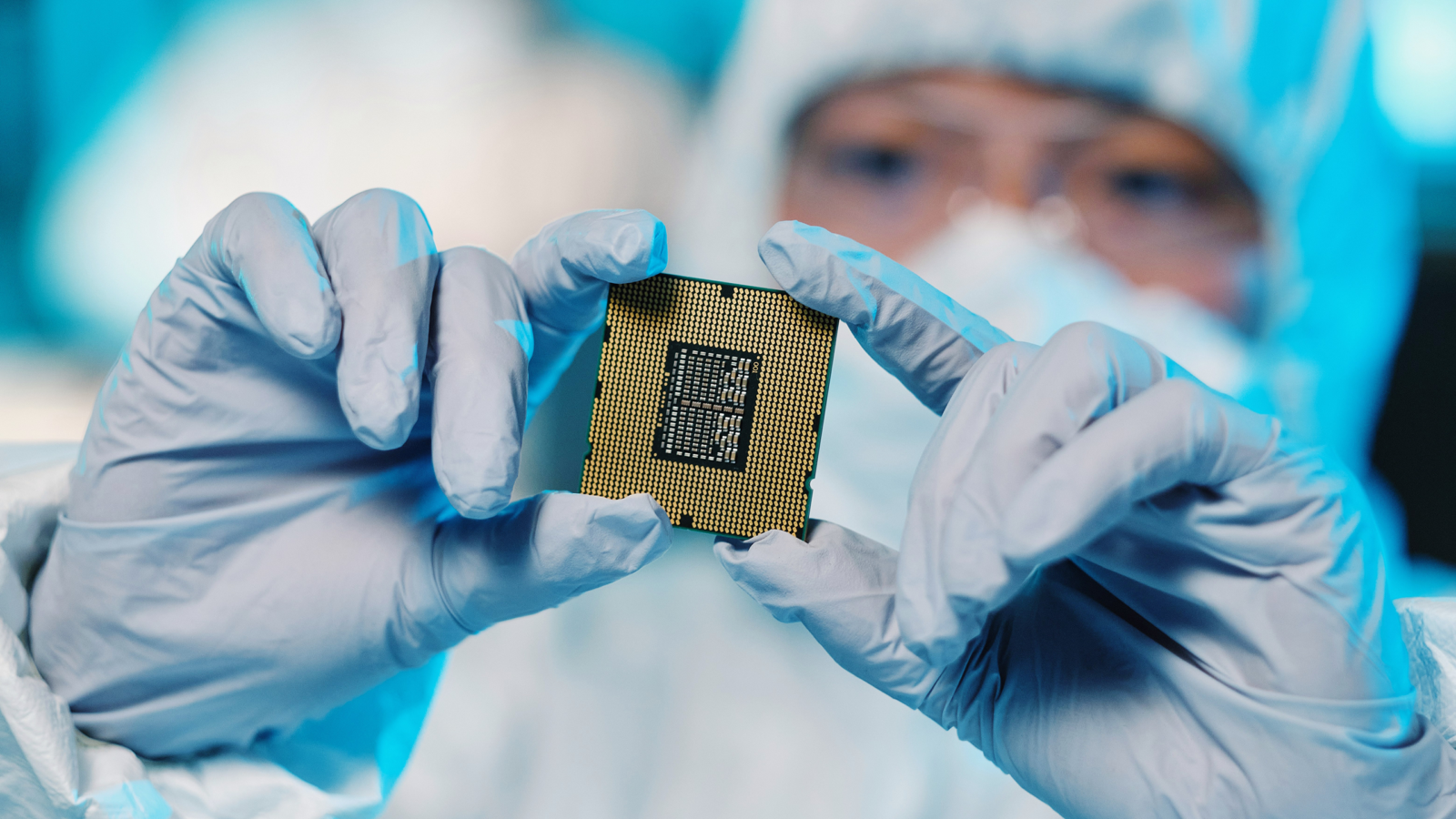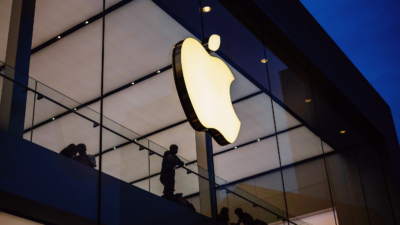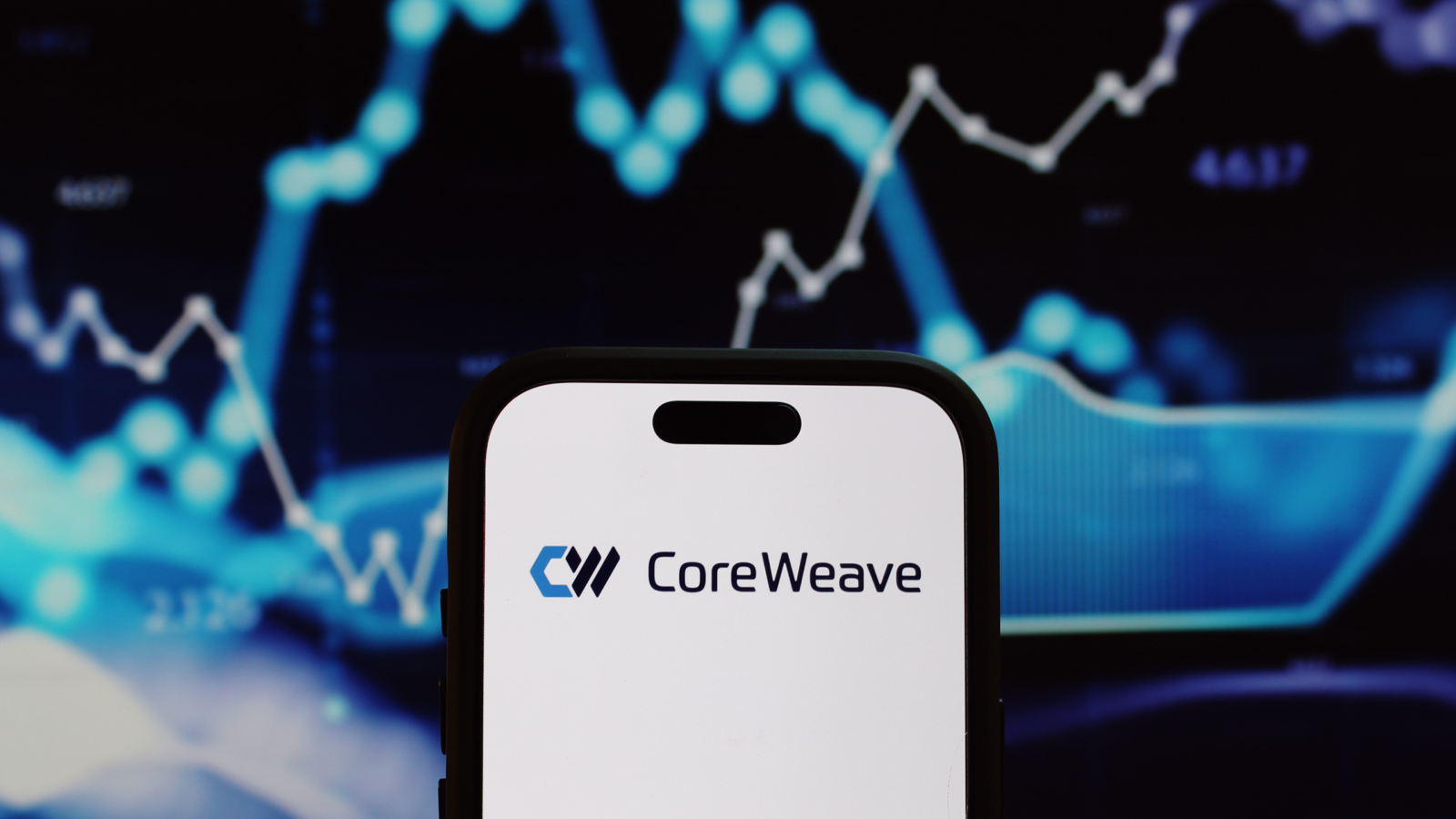Tech Giants Are Betting Billions on AI Smartphones. But Consumers Aren’t Sold
Big Tech is hoping AI-powered smartphones will be the first of many great returns on its eye-popping AI investments.

Sign up for smart news, insights, and analysis on the biggest financial stories of the day.
Most consumers don’t have a clear picture on what AI really is. Tech firms, however, want everyone to have it in their pockets.
Apple, Google, Samsung and others have all taken notice of the market potential of the AI-powered smartphone, plunging billions into the possibility that consumers will pay a premium for personalized features and AI assistants. As these companies continue to burn cash on their overall AI bets, they may see smartphones as a means of finally generating returns, experts told The Daily Upside.
However, the jury is still out on AI in the court of public opinion. Getting people to trust AI, let alone integrate it into their day-to-day lives, may prove trickier than tech companies are hoping.
“AI has a mixed connotation in the market,” said Brian Jackson, principal research director at Info-Tech Research Group. “To consumers, they’re thinking it’s sort of tech hype until they see what it actually does for them at the end of the day.”
‘Full Steam Ahead‘
IPhone maker Apple has made its commitment to AI loud and clear: The company announced a $500 billion investment over the next four years across a range of US-based initiatives, including AI, silicon engineering, and student skills development.
Still, the company got a late start to AI compared with other tech giants, and has faced a number of delays in bringing AI enhancements to its voice assistant, Siri. Features that were once due imminently are now set to arrive “in the coming year,” the company said earlier this month.
And as Apple toils with getting AI-powered Siri off the ground, competitors have their sights set on the market: Samsung expanded its phone line-up earlier this month with AI enhancements; and Google announced last week that Gemini will replace Google Assistant in most of its phones later this year. At the Mobile Web Conference in Barcelona in early March, Deutsche Telekom announced that it’s building an “AI phone” in partnership with Perplexity. And Huawei announced a new foldable phone with an AI assistant that uses DeepSeek’s models earlier this week.
“I think every company is doing something different, but I think Apple, for the most part, is going full steam ahead into the AI smartphone,” said Ido Caspi, research analyst at Global X ETFs.
There are some clear benefits to pulling off an AI-powered smartphone that actually works, said Caspi. Tech companies have spent colossal amounts of money on building powerful foundational AI models. Integrating AI into smartphones could offer the “greatest near-term monetization opportunity,” both for recouping cash from initial AI investments and for accelerating phone sales, Caspi said. “That’s going to be by accelerating replacement cycles and increasing AI-related premiums.”
And as companies struggle to find returns on their AI, “every single one has a pretty vested interest, because right now there are no guaranteed revenue streams in terms of making up the amount of investment,” said HP Newquist, executive director of AI consulting firm The Relayer Group. “To really make it up in quantity, things are going to have to end up … in some way attached to the consumer.”
In Your Pocket
For all of Big Tech’s excitement, whether consumers are pining for AI enhancements remains a question. As it stands, consumers still don’t entirely trust the technology:
- A 2024 Gallup poll published in August found that 31% of Americans believe AI will do more harm than good. Though the number is down from the 40% that reported such fears in 2023, it still far outweighs the 13% that reported they believed the good would outweigh the bad.
- And with the sheer amount of data from across the internet that’s put into training AI models, “I think that people have sort of that icky feeling about how AI is made,” said Jackson. “That’s definitely front and center for a lot of people.”
Beyond the trust factor, “there’s been some criticism in terms of it feeling a bit gimmicky,” said Jackson. As it stands, the average consumer isn’t likely to buy a new phone or pay a premium for AI features. While generative AI tools like Apple’s Genmoji are fun, they likely aren’t “a game changer in terms of getting people to buy the latest iPhone,” he said.
So what would it take to sway the minds of consumers? AI integrations are going to have to be stealthy, said Newquist. Rather than advertising AI features as innovative by virtue of using some powerful foundational model, he said, employing the tech to make commonly used features better could help consumers get comfortable.
Attracting consumers is also all about context, said Jackson. AI assistants that have a personalized understanding of a user’s lifestyle — such as their contacts, calendars, schedules and habits — are more likely to see increased rates of adoption by fitting into people’s lives and actively improving them. “Being able to contextually adapt to the user’s preferences – that’s going to win people over,” said Jackson.
“There’s nothing about AI yet that’s a necessity,” said Newquist. “Playing with it for free for a while might endear them to it … But it is going to be a process of adoption. The internet took a couple of years – that’s going to have to happen with AI, too.”
The Winner Is…?
Despite Apple’s struggles to figure out AI thus far, its rank in the smartphone market does confer a significant advantage, said Caspi. Apple already dominates when it comes to consumer trust, a factor that could help persuade users to let generative AI into their day-to-day lives.
Apple also generally nails user experience “on the second iteration or even if they’re late to the market,” said Jackson. “Could they do it again with AI? There’s always that chance.”
Conversely, Google’s access to a “vast amount of data” gives it the advantage of making an AI model that’s simply better, said Jackson. The tech giant’s resources could be particularly useful for context awareness and integration with several of its platforms, he said, from Maps to Gmail to Google Calendar.
It’s still unclear, however, whether any of these efforts are the key to the holy grail that tech companies are seeking: return on investment. Whether consumers will be willing to pay a premium for AI-enabled smartphones is yet to be seen, said Newquist.
And with billions upon billions being poured into the tech across the board, “AI continues to be this incredible black hole in terms of where the money’s going,” he added.











